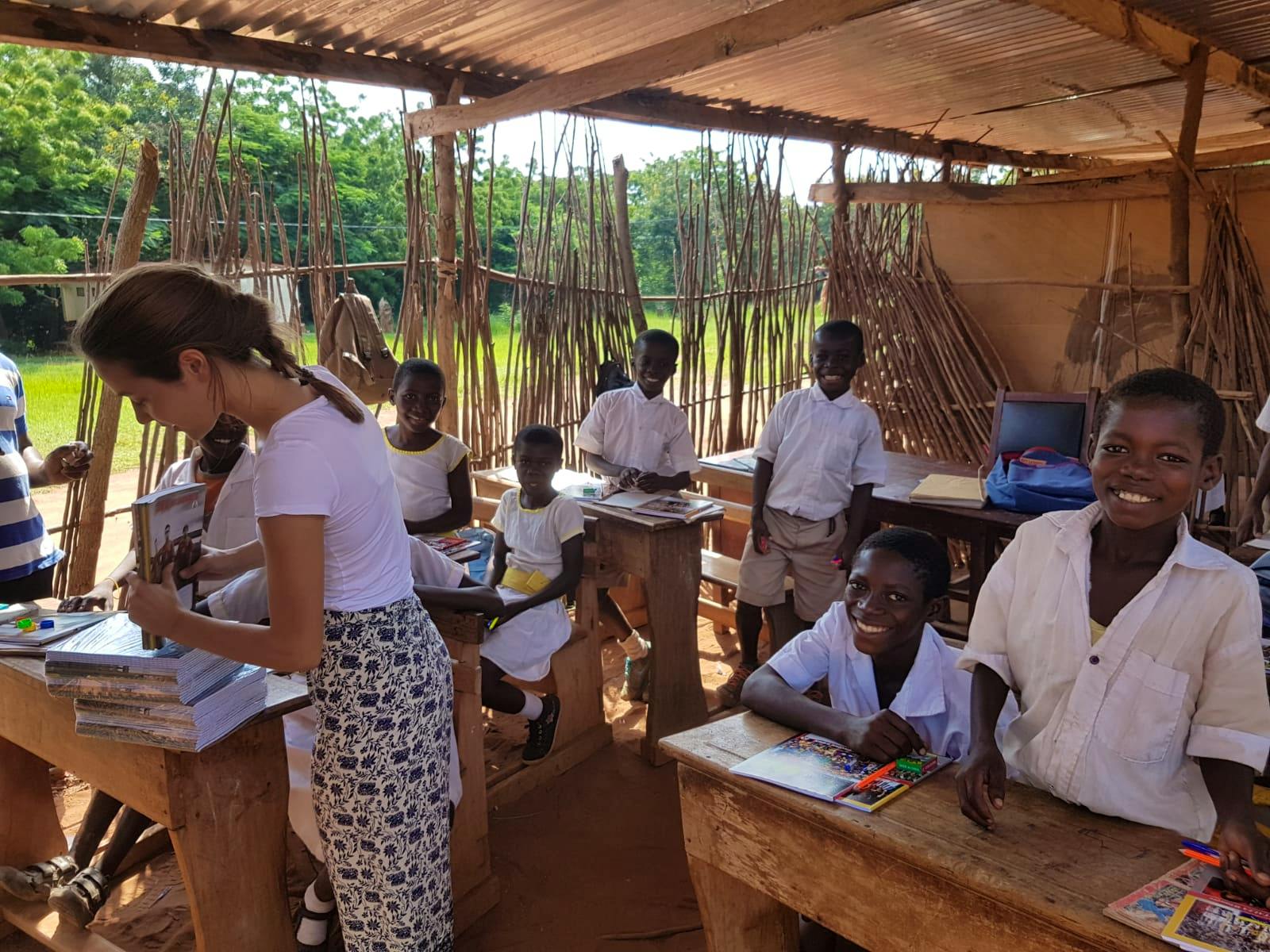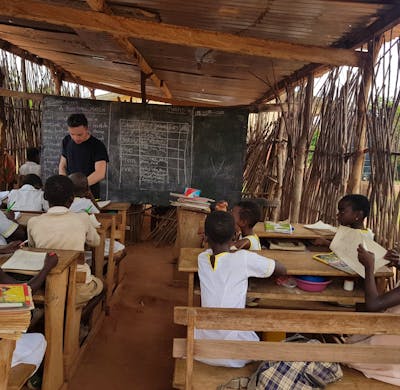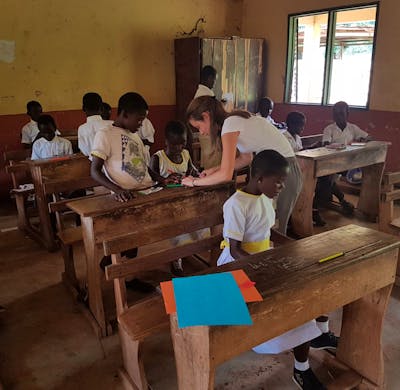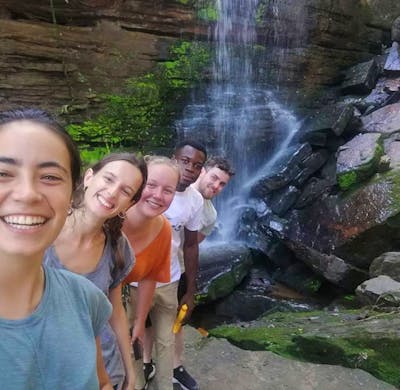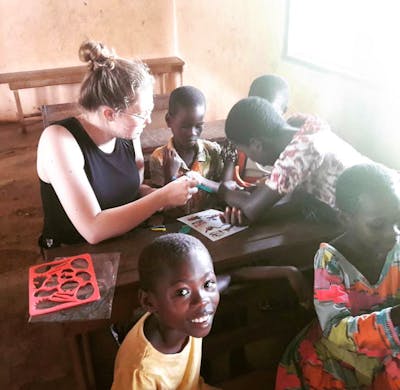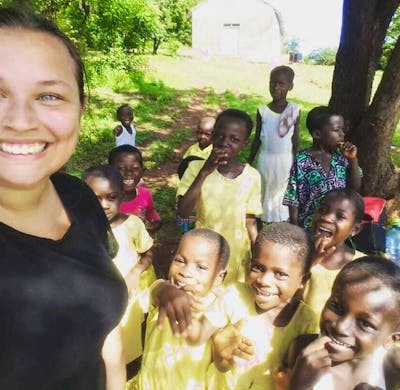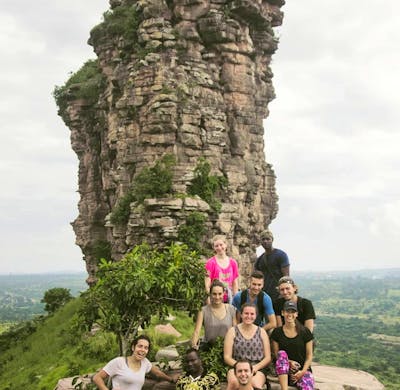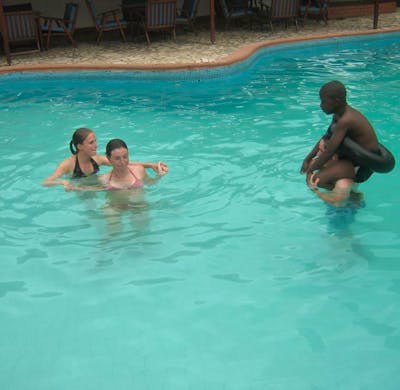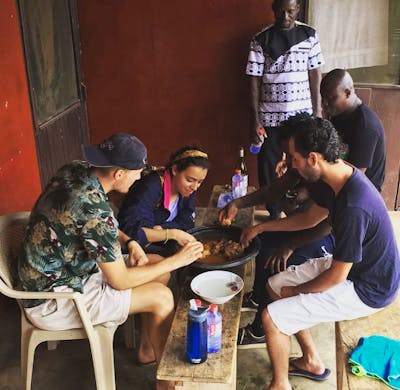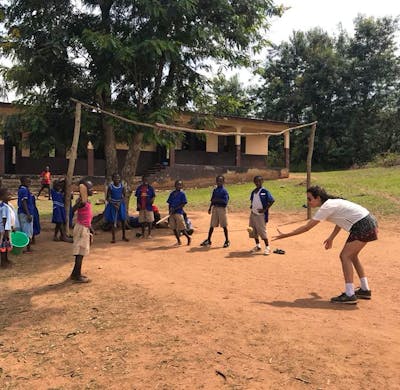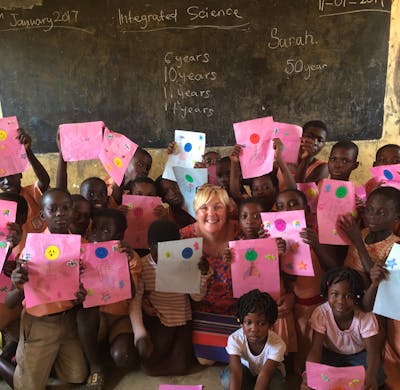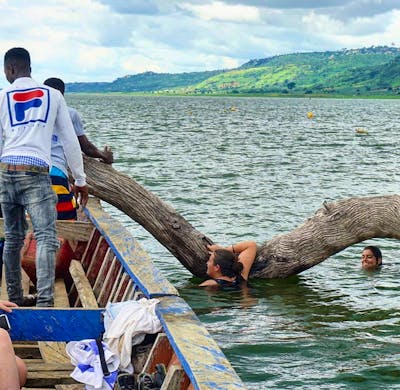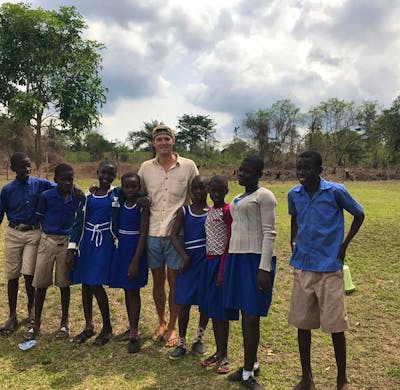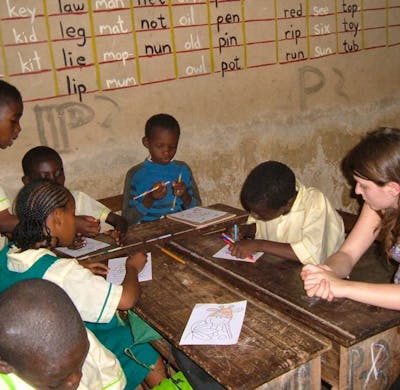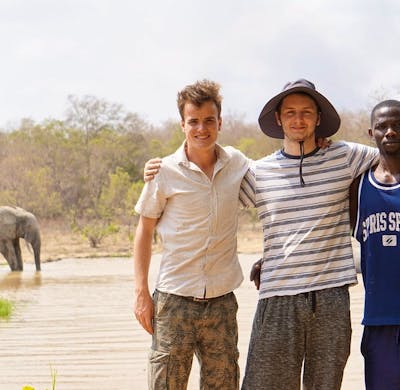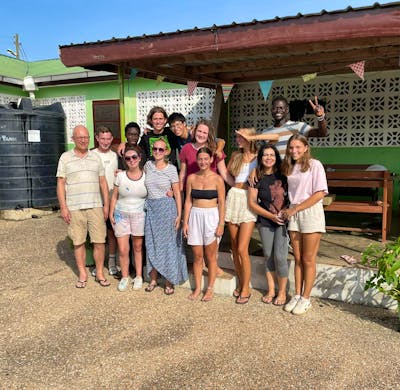About The Placement
We offer placements among all classes
of the Ghanaian education system, these are:
- Primary School
- Junior High School
- Secondary School
Volunteers will be placed in Primary and Junior High Schools which are located together therefore adding an extra level of flexibility to meet
everyones needs. Secondary is usually reserved for qualified
individuals as once students have completed this level they are
university ready.
English is the official language of Ghana however in the rural areas many children still speak their local dialects in school. We hope by bringing English speaking volunteers to the area, it will enhance the children's understanding of vocabularly perhaps that they would not be introduced to usually and different accents to assist with their learning later in life. As the children get older and study further advanced subjects theses are all taught in English so a key understanding of English is critical for these children to continue on to further education.
Why This Placement?
Many of the rural schools we visit are struggling with their English learning. Often the children only start learning this later in life so miss out on the crucial early development stage when they can pick up on the language quickly. It is crucial for the children to learn English as by the time they get to Junior High School their advanced subjects such as Maths, Science etc are all taught in English. Without being able to pass these exams many children are often stuck to low income jobs such as farming or other manual labour careers.
We see it each term that when we send our volunteers to a school, even just by three months time the children are much more comfortable having full conversations in English and we hope to keep up with this momentum to give them the best shot at the life they want as they grow into young adults!
What Is Included In This Placement?
Support Staff - Accommodation - House Utility Bills - Pre Departure Support
We charge cost price for this project just so we can cover your
stay and employ local support staff to increase loyal employment. This
placement includes accommodation
in a modern style house for the semi rural area of which we are based
with great views and surroundings of the local towns and rainforest. All
house utilities are included for your time, you will have use of the
kitchen,
electricity throughout the house and running water which is a luxury
among the area of Kwahu. You will have a member of our local support
team living in house or close by depending on the volunteer numbers so
there is always someone on hand for any questions or support you may
need.
How Do I Get To The Placement?
Budget an additional 20 - 30 cedis per day for transport costs.
We
work with a number of schools within the local community and slightly
further out. Volunteers will usually take taxis back and forth to their
placement site. It is very easy to take shared taxis in town and
they are very reasonably priced. Most of our project sites will require
volunteers to pay transport between 10 cedis and 40 cedis a day, with the
average
being about 18 cedis.
Volunteers are usually able to head off into the town after school
easily to shop for food supplies, grab a cold drink or meet up with
friends before heading home and the ease of taxis offer a really
flexible experience for the volunteers.
What Will I Be Doing?
Depending
on the school that you select after your introduction and what you
will feel comfortable with, you may be paired up with a teacher to
primarily start supporting as a teaching assistant or you may be
given a class yourself depending on your experience and confidence.
Although the thought of your own class may seem overwhelming at
first, the sheer enthusiasm and eagerness to learn of children will
be a strong push to spur you on the way.
For the younger children
basic reading, writing and phonics are usually required
whereas for the older children it's learning to expand their vocabulary and basic lessons of English Language. Even just day to day chatting with the children offers a fantastic cultural exchange experience where they are introduced to different accents and ideas which you then see their use and confidence of English come on leaps and bounds! We have a wide range of teaching books and lesson plans
within the store room of the volunteer house and we advise volunteers
to make use of their free evening and weekend time to plan the
following days lessons.
Even combining some English teaching into subjects such as creative arts for posters or wall displays for the classroom will be loved by the children, they are often taught via dictation due to a lack of materials.
Who Will I Be Working With?
If
the number permits we aim to group volunteers together at a
particular school or project. You will work closely with a teacher
and report to the Headteacher should you have any issues. A member of
our team will also spend a portion of their day at the project to
assist in anyway and offer any guidance should it be needed. Most
volunteers strike up a strong bond with the teachers and are treat as
another member of staff as if you were always there. It is not
uncommon to be invited round their homes for dinner at an early stage
as a way of saying thank you.
What Do We Expect From The Volunteers?
A
teaching qualification or experience is not compulsory for this
placement, your level of experience and confidence will gauge what
level of students would best suit and will be discussed between the
team and yourself on your first day introduction. The greatest traits
of a volunteer are enthusiasm, empathetic and the ability to adjust
to alternative cultures. You will get the most of our your trip by
opening your mind to new experiences and beliefs whilst also bringing
your own to the table.
We expect volunteers to visit their
placements Monday - Friday, exceptions can be made for long weekends
of travel etc but we hope for the children and yourselves to get the
most of your placement this is kept to a minimum.
What Can You Expect From Us?
We
will be on hand any time of any day to support you in your placement
and trip as a whole. There will always be someone you can speak to or
get a hold of should you want to discuss anything or require any
guidance, from organising after school clubs to changing your
placement. Our team living in the volunteer house will also be able
to offer advice regarding travel plans and the local area so you will
soon feel at home.
What Should I Bring?
Regarding
your placement we advise bringing plenty of school materials, arts &
crafts items and some ideas from teaching resource websites. These
will prove invaluable throughout your placement as there is a lack of
materials able to purchase in the local area. Basic pens, pencils and
cheap paper are available as well as moderate priced photocopying
should you wish to bring activity sheets.
What Happens During School Holidays?During
school holidays if a volunteers assignments falls within these dates
then we will organise a holiday school at one of our partner schools.
During this time there is a more relaxed setup where volunteers split
into groups to run lessons such as arts, English, reading, sports and
games. This also has the added benefit of providing parents with
childcare during this period whilst they balance their work which is
usually farming or trading.
The school holidays usually fall three times a year; few weeks
around Easter, few weeks around August and a few weeks around Christmas.
Specific term dates are not communicated by local authorities until
closer to the time so difficult to tell in advance. Leading up to the
vacation, exams may be in place so volunteers can offer an assisting
role invigilating, helping out in free times or helping on our other
programs.
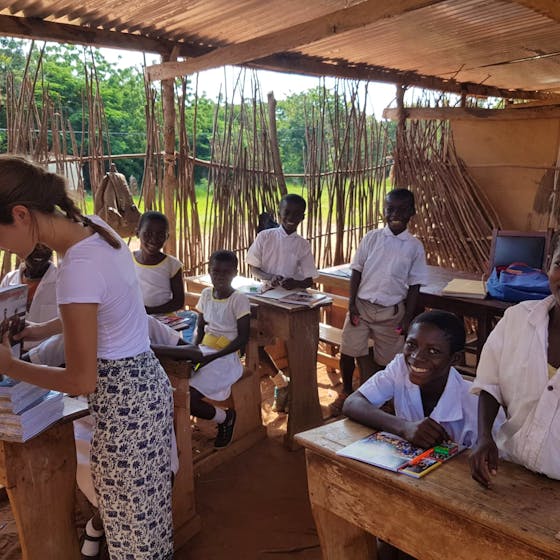
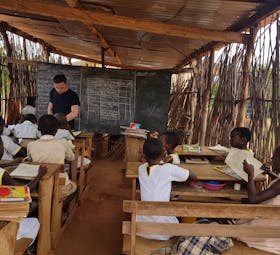
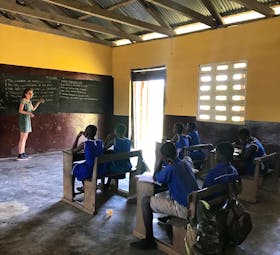
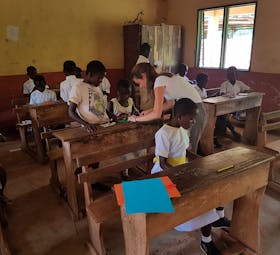
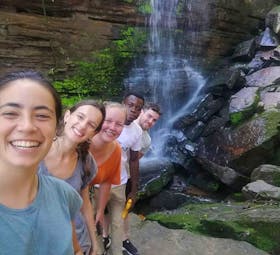
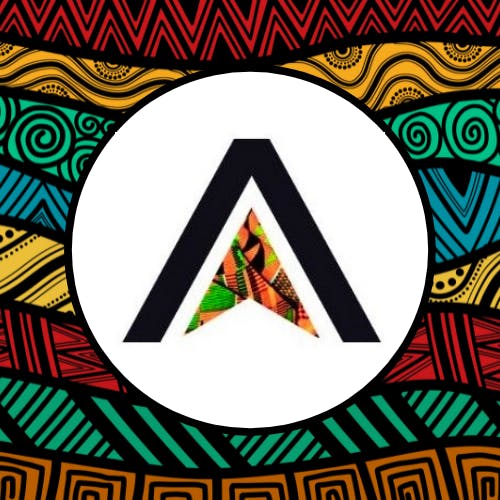

 4.8
4.8

